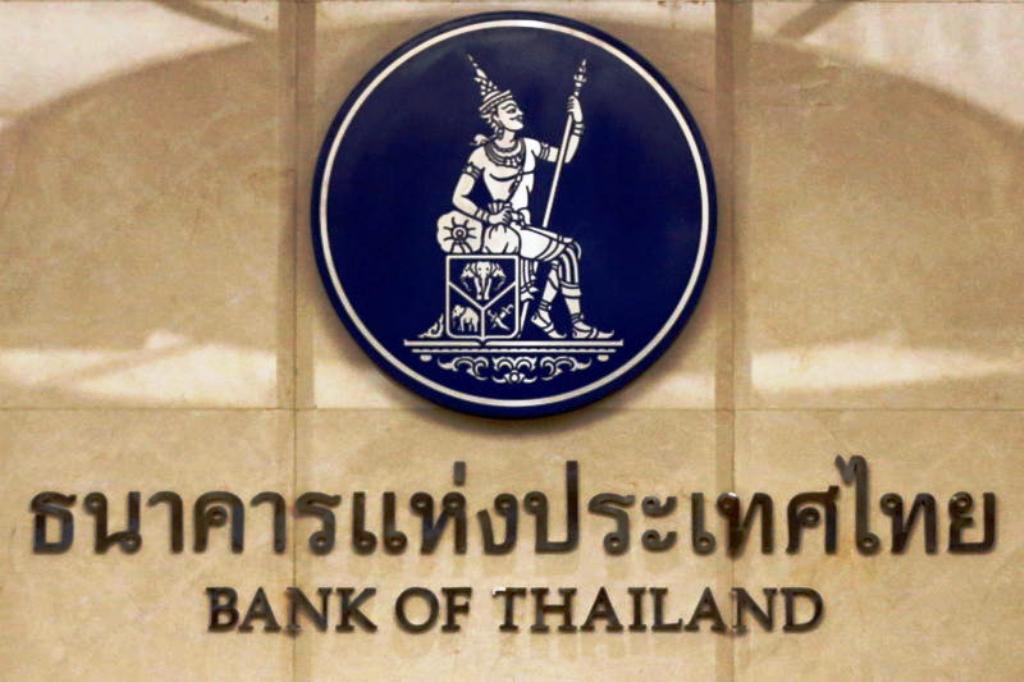Bank of Thailand’s interest rates will probably remain at a record low level, keeping the focus on a nascent economic recovery instead of battling inflation that has reached its highest level in more than 13 years.
According to a Bloomberg survey, all 23 economists expect the Bank of Thailand to keep the policy rate at 0.5% for a 15th consecutive meeting. In addition, the central bank is expected to release a revised economic forecast that takes into account the sharp rise in oil prices and other impacts following Russia’s invasion of Ukraine.
As inflation has exceeded the central bank’s target for the last two months, and as a result of both the spread of omicron and the war, the Bank of Thailand is facing a dilemma.
Last week, the Thai government announced a raft of measures worth 80.2 billion baht ($2.4 billion), mainly to subsidize the cost of energy and assist about 40 million people.
Lower GDP estimates
Bank of Thailand will revise its economic outlook to account for the impacts of the war in Ukraine. This will include a slowdown in exports and tourist arrivals as well as further price pressure from imported goods. As of December, it forecast gross domestic product growth of 3.4% and inflation of 1.7% for 2022.
Earlier this month, the central bank warned that it might lower its growth forecast for this year, and flagged inflation might rise above its 1%-3% target range. Ayudhya Bank and Kasikornbank have already lowered their own GDP estimates.
In an interview last week, Finance Minister Arkhom Termpittayapaisith said that monetary and fiscal policy must be synchronized to sustain economic recovery. He also said that monetary policy decisions will be based on more than inflation alone.
Largest negative energy trade balances
Thailand is relatively vulnerable to swings in oil prices, so the oil market is being closely watched as a driver of inflation. Morgan Stanley estimates that the nation has one of the largest negative energy trade balances in Asia – 5.4% of GDP.
Consumer prices have already risen the fastest since September 2008, with 5.3% in February.
The National Economic & Social Development Council said last week that Dubai crude prices could average $150 a barrel this year, accelerating the rate to 7.2%. In comparison, Brent crude, which typically sells at a premium to Dubai, traded around $110 a barrel this week.
Bank of Thailand Battling Twin Deficits
Increasing oil prices, plus fewer tourists, may worsen Thailand’s so-called twin deficits — pushing its current account into deficit for a second straight year, while fuel subsidies could widen the budget gap.
As a result, the baht will face pressure after losing more than 3% since Russia invaded Ukraine. A widening rate differential between Thailand and the U.S. could add further stress to the Thai currency.
According to Nattaporn Triratanasirikul, an economist at Kasikornbank’s research unit, the widening gap in interest rates will complicate interest rate decisions in the second half. Every time the Bank of Thailand meets, the decision must be weighed.






